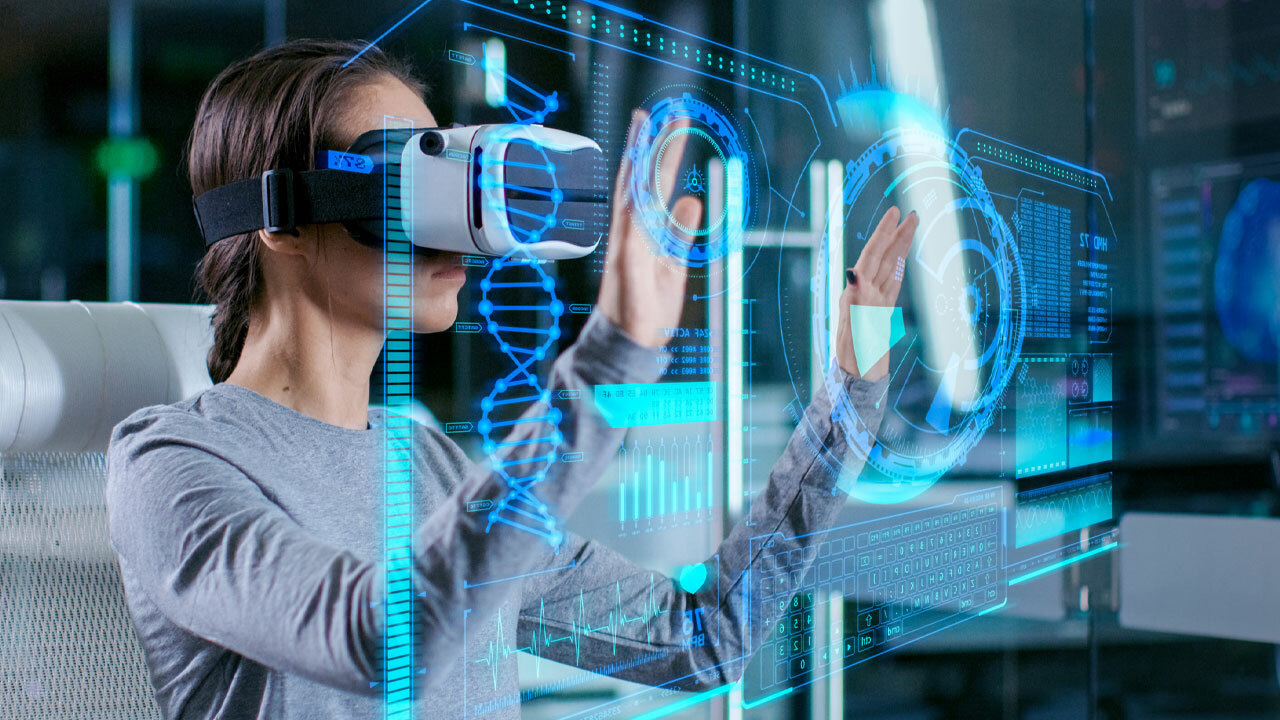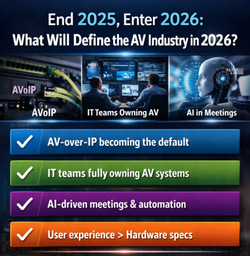XR Technology in the Classroom: The Future is Now

The landscape of education is undergoing a dramatic shift. It's not just formal education institutions being impacted, but also workplace training. The metaverse is more than just a buzzword in the field of education. It's rapidly becoming the go-to teaching process in classrooms worldwide.
Embracing Extended Reality (XR) Technologies in Classrooms and Personal Learning
One of the most significant transformations in education comes from integrating extended reality (XR) technologies. This encompasses a wide range of immersive tech, including augmented reality (AR) and virtual reality (VR) - both at the forefront of the metaverse revolution. VR allows individuals to immerse themselves in virtual environments, aligning with the metaverse's core principles. On the other hand, AR enables the projection of digital elements into real-world settings or the overlaying of graphics onto physical objects, creating a blended experience.
These immersive technologies hold immense potential in shaping the future of education. AR, for instance, can bring subjects to life by integrating digital elements into the classroom, making learning more interactive and engaging. Similarly, VR can transport students to different places and historical periods, providing an immersive learning experience.
The impact of immersive technologies on education is profound. They enable a more experiential, hands-on approach to learning, allowing students to learn by doing and seeing rather than passively consuming information. Research has shown that learning through experience can significantly enhance knowledge retention, with some studies indicating an increase of up to 90 percent in information recall. Thus, immersive metaverse technologies present a remarkable opportunity to facilitate the transfer of knowledge.
Beyond formal education, the potential of VR and AR extends to lifelong learning. Whether learning a new language, a musical instrument, or undertaking a home improvement project, immersive learning experiences can greatly aid in knowledge retention.
In essence, the integration of immersive technologies has the power to revolutionize the transfer of knowledge, benefiting not only formal education institutions but also individuals pursuing lifelong learning endeavors. The potential for these technologies to create interactive, engaging learning experiences is vast, marking a significant leap in the evolution of education in the metaverse era.
Organizations Embracing Metaverse for Employee Training
As workplace training continues to evolve, organizations are now looking toward the metaverse as a potential game-changer. Utilizing virtual simulations for training is gaining traction, offering a new way for employees to learn and develop their skills.
The Hybrid Approach to Workplace Training
A hybrid approach to workplace training is rising, combining traditional classroom education with virtual training sessions. This approach allows employers to create a seamless blend of virtual classroom and physical workplace training, providing employees with a more comprehensive learning experience.
The Role of Virtual Simulations in the Metaverse
The metaverse presents a unique opportunity for organizations to revolutionize workplace learning through virtual simulations. Employers can create customized training scenarios tailored to their specific needs in this virtual environment. Even more astounding, virtual simulations can also be utilized for engineering training, giving users an immersive look into the inner workings of machinery.
The Advantages of Metaverse-Based Training
Utilizing the metaverse for employee training offers numerous benefits for organizations. Virtual simulations provide employees with a safe and controlled environment to practice crucial skills and procedures. Additionally, the flexibility of the metaverse allows for the creation of training scenarios that may be too complex or dangerous to replicate in the physical world. This level of customization and adaptability sets the stage for a new era of workplace training, one that is driven by innovative technology and virtual experiences.
Challenges and Considerations
While the potential of metaverse-based training is promising, organizations must also consider the challenges and limitations of this approach. Technical complexities, cost, and the need for specialized equipment must be considered when implementing virtual simulations for training purposes. Moreover, ensuring the seamless integration of virtual training with existing learning programs is essential for the success of metaverse-based training initiatives.
Looking Ahead: The Future of Workplace Learning
As the metaverse continues to gain prominence, the future of workplace learning is poised for a significant transformation. Organizations that embrace virtual simulations and immersive training experiences stand to gain a competitive edge in talent development and employee education. By leveraging the potential of the metaverse, organizations can create a dynamic and engaging learning environment that fosters skill development and knowledge retention.
Recommended Content
Creating the Next Generation AV Workforce: From Audio Engineers to Solution Designers

End 2025, Enter 2026 (AV Industry)






Please sign in or register for FREE
If you are a registered user on AVIXA Xchange, please sign in
i am ready